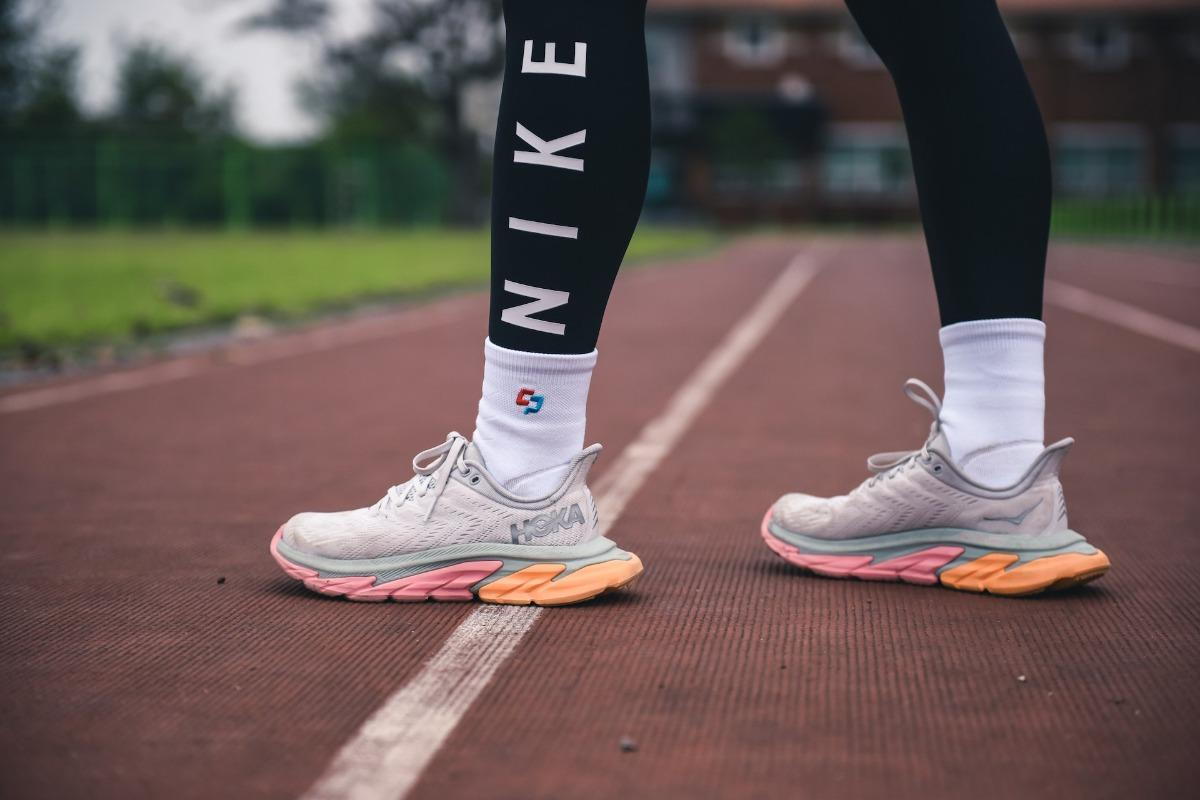A Beginner's Guide to Understanding and Treating Athlete’s Foot
posted: Feb. 09, 2023.

Also known as tinea pedis, athlete's foot is a common fungal infection of the skin that affects the feet. It is a contagious condition that usually occurs when the feet come into contact with surfaces contaminated with fungi. Although this condition can be uncomfortable and embarrassing, athlete's foot is easy to treat and can be prevented with proper foot hygiene.
This guide will give readers a basic understanding of athlete's foot, including the symptoms, causes, risk factors, and different types. It will also discuss the various treatment options available and provide tips for prevention.
Causes
A fungus called a dermatophyte causes athlete's foot. It is found in warm, moist public areas such as locker rooms, showers, and swimming pools. The fungus can spread from one individual to another by coming into contact with surfaces that have been contaminated.
People who suffer from sweaty feet are more likely to develop athlete's foot, as the fungus usually thrives in warm, moist environments. The same also applies to people with weakened immune systems, such as those with diabetes.
Signs and Symptoms
Athlete's foot may occur on one or both feet. It is often characterised by the following:
Itching
Burning
Scaling
Flaky Skin
Redness and Inflammation of the Affected Area
Blisters
Cracking Skin between Toes
In severe cases, athlete's foot may also cause pain and discomfort.
Types of Athlete's Foot
Interdigital Infection: Usually characterised by itching, burning, and burning between the toes.
Moccasin Infection: Typically presents with dry scaling and fissuring on the soles and sides of feet.
Vesicular Infection: Characterised by forming small, fluid-filled blisters usually located around the interdigital areas and toes.
Hyperkeratosis: Fragmentation of the skin along with dryness, scaling, cracking and redness.
Eczema: Symptoms include dryness, scaling, and intense itching on the soles of feet.
Yeast Infection: Usually characterised by thick, scaly, and itchy plaques, which sometimes present as red patches.
Treatment
Common treatments include topical antifungal creams, sprays, powders, and oral medications. In addition, wearing clean, moisture-wicking socks, changing socks frequently, and maintaining good foot hygiene can help reduce the risk of infection.
Prevention
Keeping your feet dry and clean is important. Wear clean socks and shoes, and make sure to change them often. Don't wear the same shoes two days a row so they can dry out properly. Use shower shoes or sandals when in public showers or locker rooms. In addition, apply antifungal powder or spray to help keep your feet dry and prevent the growth of the fungus.
When to See a Foot Specialist
If your athlete's foot persists despite over-the-counter treatments or if you experience any pain, redness, or swelling, you should see a foot specialist at once. They can diagnose the infection and recommend the most effective treatment plan.
Conclusion
Athlete's foot is a common and easily treatable condition. Bear in mind that this condition is contagious and can spread to other areas of the body or other people. It is best to seek professional medical help if symptoms persist or worsen. Prevention is the best method of avoiding an athlete's foot and includes avoiding contact with surfaces that may be contaminated and wearing breathable shoes and socks.
Sheldon Nadal D.P.M is a board-certified podiatrist with over 15 years of experience in the field of foot and ankle care. He specialises in diagnosing and treating foot and ankle conditions, such as athlete's foot. Contact his foot clinic in Toronto, ON, to book an appointment.